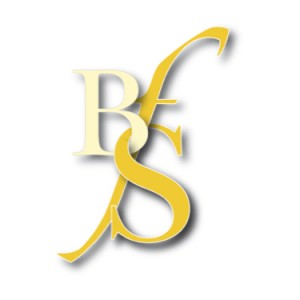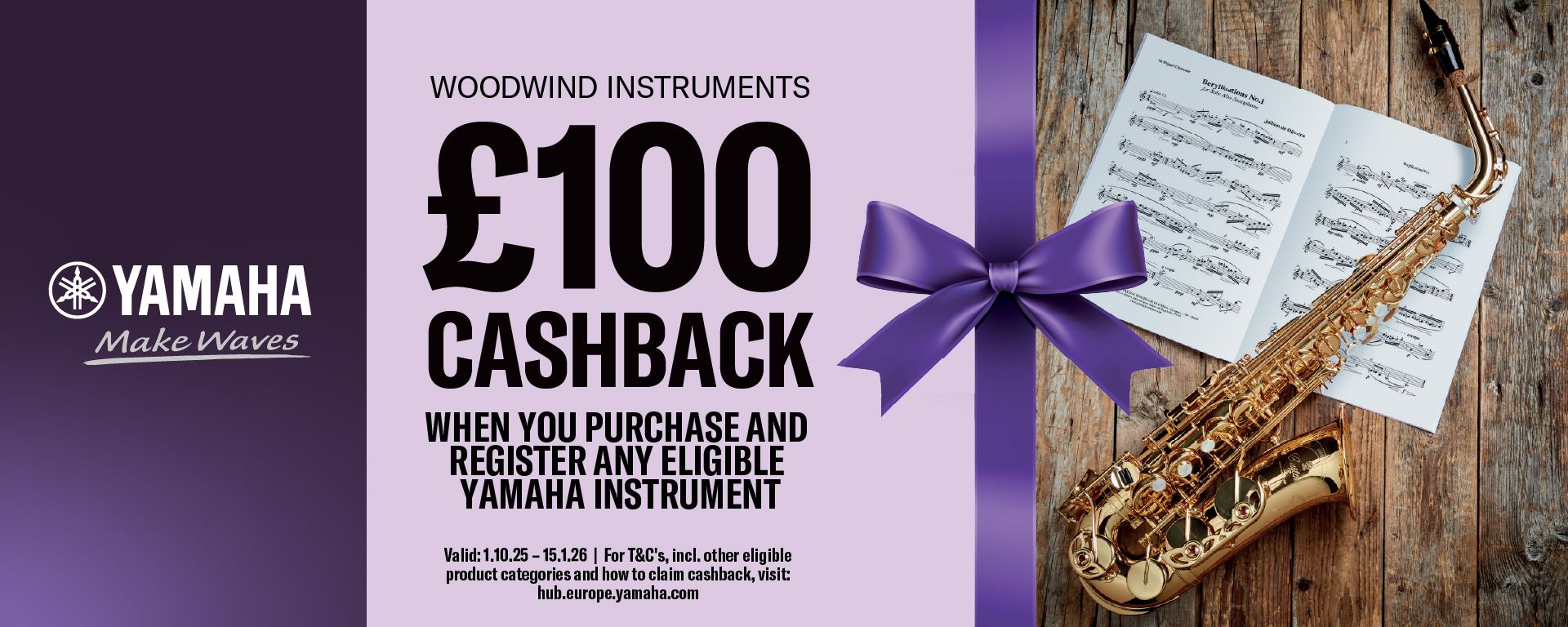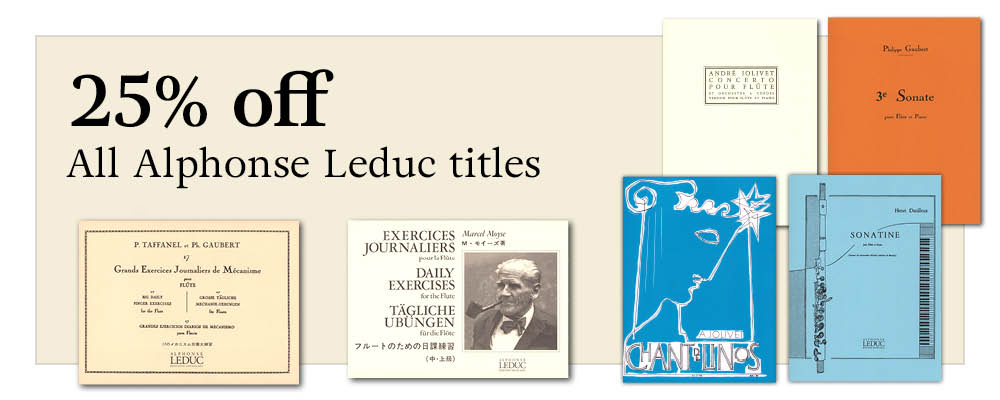
Pan - Journal of the British Flute Society
The flute's repertoire has something of a gap in the Romantic period, as a result of instrumental developments taking time to catch on and the prevalent instruments not being up to the more chromatic writing of the composers of the time. It is always a delight, therefore, to discover new works from this era. Clara Faisst was a German composer, born in 1872. She studied composition and counterpoint in Berlin, and also studied the piano with Max Bruch, and returned to her home town of Karlsruhe where she became a pianist, teacher and composer. As with most women composers of the time, much of her output centred around songs with piano accompaniment, as these were seen as suitable works for women to write. She also wrote some instrumental works, however, and this Deutsche Suite was originally written for violin.
This edition is a transcription for flute by Wolfgang Kossack, which is successful in its aims to bring the work back into the public's attention. THe music lends itself very well to the flute and only minimal changes have been made from the original version as part of the adaptation.
The opening Prelude has a look back to Bach, with a clear connection to earlier forms. The second movement is an Andante, with flowing melodic lines and plenty of opportunity to sing. The connection with the dance suite reappears in the third movement, which is a lively Gavotte, full of bounce and brightness. The final movement is entitled Epilog, and its tempo marking is Leidenschaftlich erregt - passionately excited - with tied notes providing a sense of rhythmic dissonance and instability.
Each of the movements is short and well formed, with a distinctive charachter. The flute writing often sits relatively low in the range (the last movement, for example, has a lot of low C's), which makes it an excellent repertoire choice for the development of a rich, expressive tone and to help with low register projection.
Wolfgang Kossack's mission to rejuvinate lost repertoire is admirable, and it is great to be able to explore these works. Keep an eye on the rest of the Kossack catalogue for more discoveries!
Carla Rees
Our Description
Originally for cello and piano
Performance duration (approx): 14'
Item Details
Our Stock Code: 1670165Instrumentation
- Part 1: Flute
- Part 2: Piano
Category: Romantic Flute and Piano Music
Publisher: Edition Kossack
Publisher's reference: EK20211
Media Type: Paperback (23 pages [score])
Country of Origin: Germany
HS Code: 49040000



